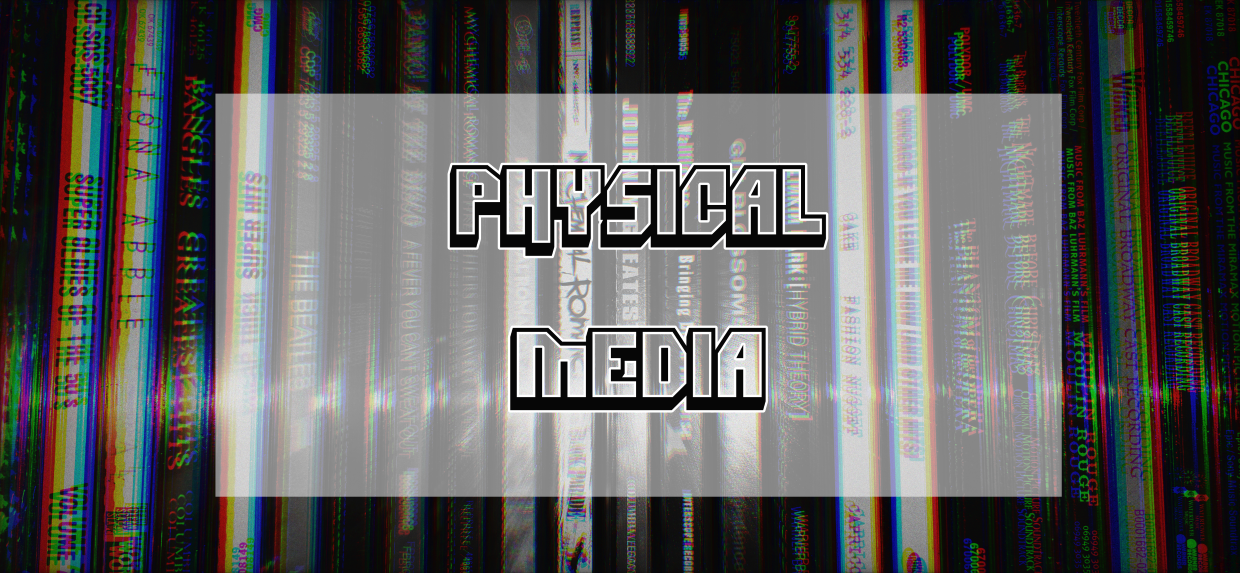By Hailey Flores
In an age where movies, shows, music, and books can be instantly accessed with just the click of a button, physical media may seem a bit outdated and inconvenient. Why buy physical copies of movies ranging from classics like The Godfather, Sunset Boulevard, and Casablanca, to more recent box office hits such as Top Gun: Maverick, Oppenheimer, and Sinners, when one could simply download or stream them directly from the Cloud? Despite all the undeniable benefits that streaming services can provide, physical media continues to remain relevant in the world of home entertainment.
The biggest argument for physical media is the idea that users don’t actually own what they’re buying. When purchasing a movie or song digitally, companies are merely administering the right to view or listen to content. In a 2016 lawsuit against Amazon, attorney David Biderman said that “purchasers obtain only a limited license to view video content, and that purchased content may become unavailable due to provider license restrictions or other reasons.” As such, many companies, like Amazon, reserve the right to revoke consumer purchases if a movie or show gets taken off their platform.
“Physical media is awesome because you can grow a collection of things you like!”
Kyra Behling (9)
Additionally, streaming services have a tendency to compress audio and video files to save on bandwidth, which is the maximum amount of data that can be transmitted over an internet connection in a given time. This results in lower quality compared to physical alternatives. Even today, a Blu-Ray or 4k Ultra HD disc provides superior resolution and audio. Furthermore, interruptions are way less likely with a DVD or CD. Depending on the subscription, some streaming services, such as Netflix, now include ad breaks with their content, and regardless of location, buffering speeds can vary from pretty good to downright terrible. With physical media, these problems completely disappear. Any ads are easily skippable in the beginning, and once that menu screen appears, consumers are guaranteed to have a good few hours of uninterrupted, buffer-free fun—possibly more if they decide to watch the bonus features that rarely get included on streaming services. And that’s just with movies. Listening to music on vinyl/CD and reading books on paper completely eliminates advertising unless one chooses to look at them.
At Ponte Vedra High School (PVHS), the majority of students use streaming services as their main way of consuming entertainment. However, many young people advocate for the preservation of physical media, even though cars are no longer installed with CD players, VHS players are practically non-existent, and many video games are only released on digital storefronts like Steam.
As it stands, the current corporate environment is rather hostile towards physical media despite its growth in popularity over the years. While streaming may offer a promise of convenience, it comes at the cost of media integrity. Since the dawn of entertainment, there has always been a physical element to what we consume. Something that grounds the experience in the audience’s mind. Whether it be watching a performance live on stage or flipping through a DVD case on movie night, these actions, these sensations live on through memory, creating a personal connection with each individual. As freshman, Kyra Behling said, “physical media is awesome because you can grow a collection of things you like!” Without these connections, consumers may not be able to find meaning in the music, film, and books they take in.





